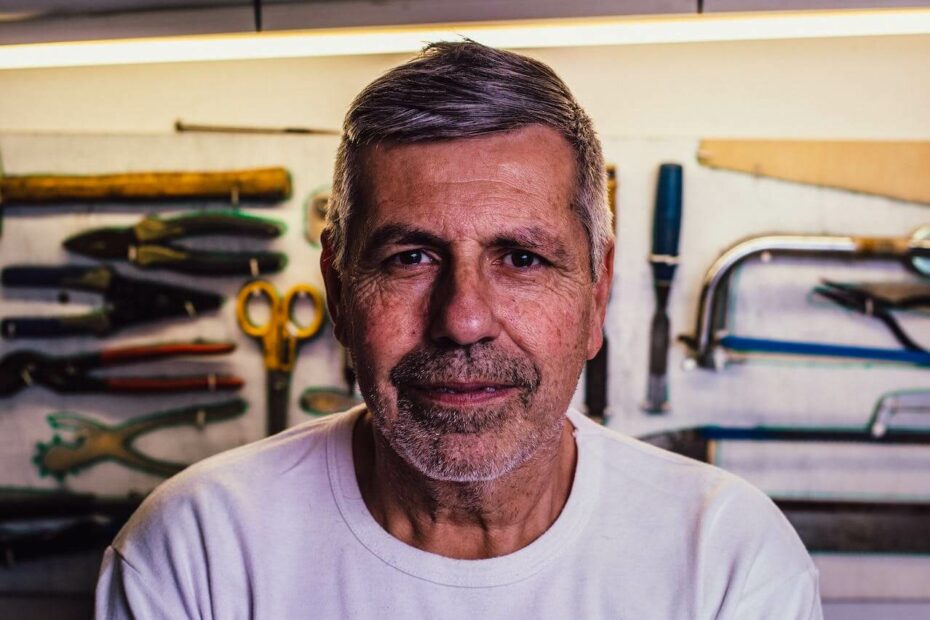Aging, a universal experience, is a complex process that scientists are still striving to understand fully. While there’s no clear evolutionary reason for aging, it’s a phenomenon that affects us all. The aging process is often debated among researchers. Some believe our genes are inherently programmed to decline, while others attribute aging to accumulated cellular damage. There’s also a growing consensus that aging might result from a combination of various factors.
The concept of cell damage has been a cornerstone in the study of aging since biologist August Weismann’s theory in 1882. It posits that our bodies, much like the parts of an aging car, wear out due to repeated use. Cells and tissues deteriorate over time, leading to the gradual decline in bodily functions. Modern research builds on this idea, exploring specific physiological aspects to pinpoint where and how this wear and tear occurs in the body.
One significant focus in aging research is the deterioration of DNA over a person’s lifetime. DNA damages, though often repaired, can accumulate over time, leading to mutations and cellular malfunction. This is particularly true for mitochondrial DNA (mtDNA), which mutates more rapidly than nuclear DNA. These mutations result in the production of damaging free radicals, contributing to aging. Mitochondria, the energy powerhouses of cells, produce more free radicals when more fuel (food) is available. Consequently, some scientists argue that calorie restriction (CR) could slow aging, reduce cancer rates, and delay declines in memory and motor skills.
While the concept of calorie restriction holds promise in extending lifespan and mitigating aging symptoms, it’s not without its drawbacks. Animals on restricted diets tend to grow slower, reproduce less, and have weaker immune systems. This survival mode response suppresses growth and energy consumption. Moreover, what works in mice may not necessarily apply to larger mammals like humans, who have different survival strategies in times of food scarcity.
Cross-linking is another aspect of the cell damage theory, where damaged proteins make inappropriate attachments, avoiding breakdown by enzymes and accumulating in the body. This accumulation of cross-linked proteins can damage cells and tissues, slowing down bodily processes. It has been identified in specific signs of aging and is believed to play a significant role in the overall aging process.
Exploring the Role of Metabolic Processes in Aging
This topic examines how our metabolism contributes to the aging process. A key aspect of this theory is oxidative damage, where about 2-3% of the oxygen atoms used by mitochondria are reduced to reactive oxygen species (ROS). These ROS can cause significant cellular damage over time. The discussion includes how normal metabolic processes, essential for survival, inadvertently lead to the accumulation of damage that drives aging, providing a comprehensive view of how our body’s fundamental functions influence our aging.
Focusing on the damage to genetic material, cells, and tissues, this topic addresses a central aspect of the aging process. It discusses the accumulation of damage that the body cannot repair as a primary cause of the functional loss associated with aging. The conversation includes the mechanisms of this damage accumulation and its impact on cellular and organ function, giving insight into how the inevitable wear and tear of life contributes to the aging process.
The Impact of Sun Exposure on Premature Aging
This subject delves into external factors contributing to aging, particularly focusing on sun damage as a major cause of wrinkles and permanently damaged skin. The discussion highlights how ultraviolet (UV) radiation accelerates the skin’s aging process, leading to visible signs such as wrinkles and age spots. It also provides advice on protective measures against sun damage, emphasizing the importance of skincare in the broader context of aging.
